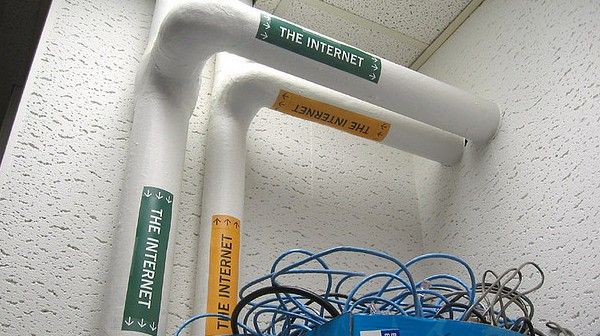Found on the Internets …

UPDATE: Link to the report Senate Intelligence Committee Report on CIA Torture Techniques
… the CIA’s interrogation techniques never yielded any intelligence about imminent terrorist attacks”
Senate Expected To Release Long-Held CIA ‘Torture Report’
Later this morning, the Senate Intelligence Committee will release an executive summary of what’s come to be known as its “torture report.”
The report is expected to be the most comprehensive public accounting the interrogation techniques used by the Central Intelligence Agency after the terrorist attacks of Sept. 11, 2001.
What’s in it is so sensitive and controversial that the report’s release has sparked public spats between the CIA and Senate lawmakers.
It all came to a dramatic head on the floor of the Senate in March. Sen. Dianne Feinstein, the Democratic chairwoman of the Senate intelligence panel, accused the CIA of trying to thwart her committee’s work by deleting files and later by illegally spying on Senate computers. The CIA – which eventually apologized to the Senate – had accused Feinstein and her committee of improperly removing classified documents from a government network.
The Senate is expected to release a 460 page executive summary today.
Dick Cheney Was Lying About Torture
It’s official: torture doesn’t work. Waterboarding Khalid Sheikh Mohammed, the mastermind of 9/11, did not in fact “produce the intelligence that allowed us to get Osama bin Laden,” as former Vice President Dick Cheney asserted in 2011. Those are among the central findings of the Senate Intelligence Committee report on CIA interrogation and detention after 9/11.
The report’s executive summary is expected to be released Tuesday. After reviewing thousands of the CIA’s own documents, the committee has concluded that torture was ineffective as an intelligence-gathering technique. Torture produced little information of value, and what little it did produce could’ve been gained through humane, legal methods that uphold American ideals.
More …
Why the upcoming battle over the Senate torture report is such a big deal
Naturally, the people who approved, executed, and defended the torture program are not happy with the idea that the American public will actually learn just what was done in their name. So they’re preparing push-back: a last-ditch attempt to stop the report’s release, and if that fails, a campaign to blame any negative consequences on the Democrats who wanted the information public.
CIA torture report: agency braces for impact of inquiry as release nears
White House spokesman Josh Earnest said on Monday the administration welcomed the release of the report, but warned US interests overseas were at risk of potentially violent reactions to its contents.
The release of the torture report will represent the third major airing of faulty CIA intelligence in 15 years, following official commissions into the 9/11 plot and Saddam Hussein’s defunct illicit weapons programs.
Despite months of negotiation over how much of the 6,000-page report will be declassified, most of its findings will never see the light of the day. But even a partial release of the report will yield a furious response from the CIA and its allies.

Editor’s Note: Feel free to share other news stories in the comments.
20 comments